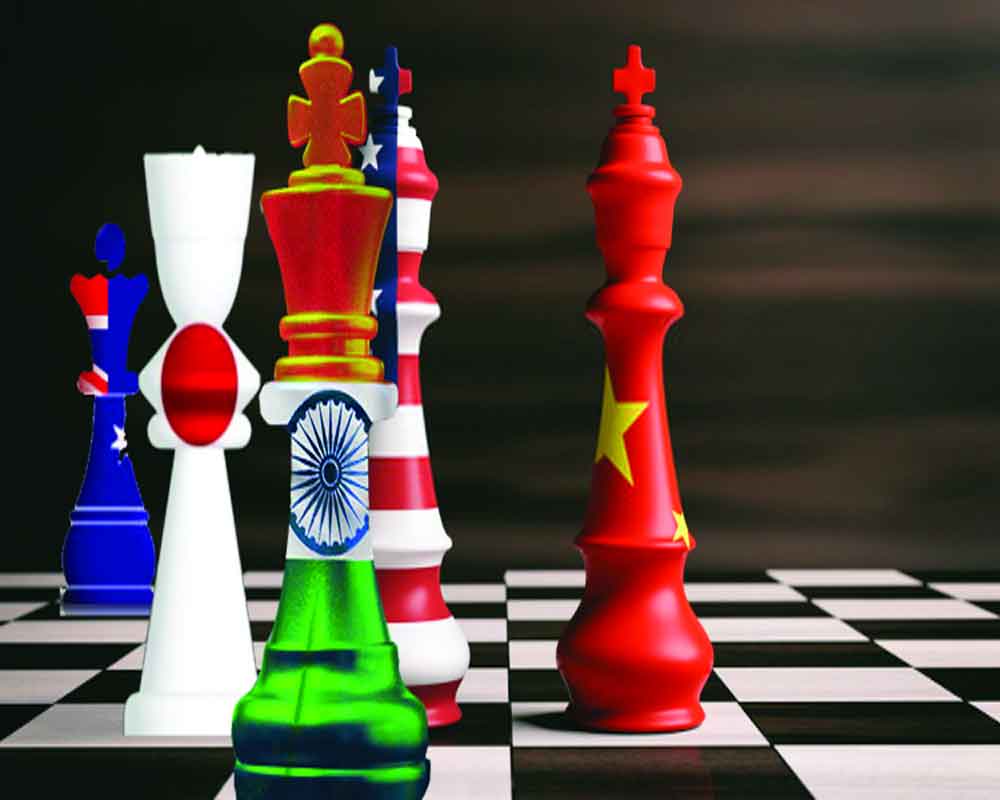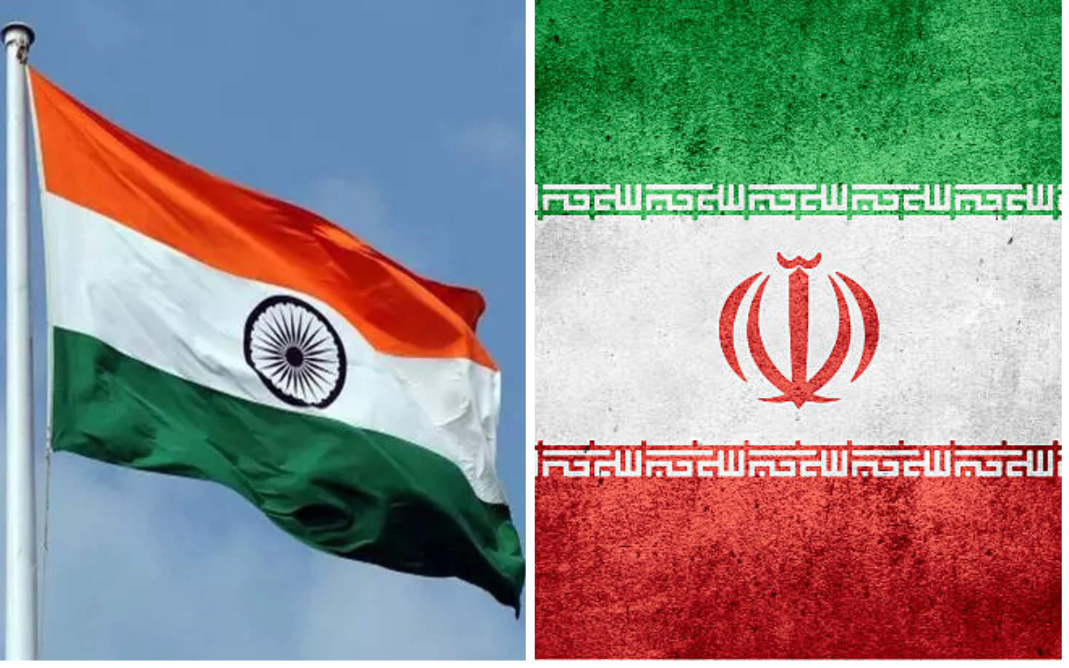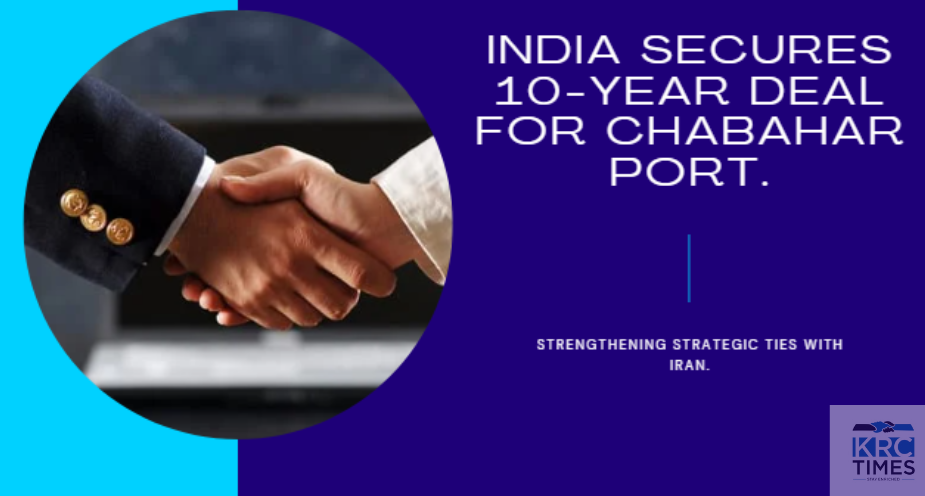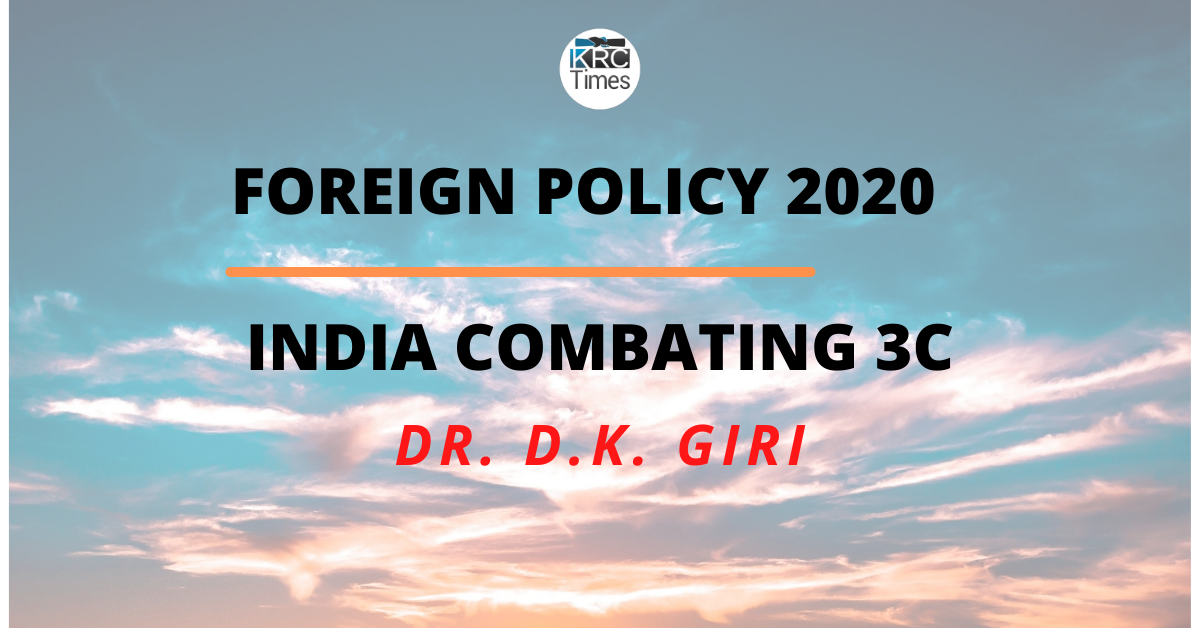In this backdrop none can deny that the new regime is poised to confront hordes of new challenges which include giving top priority to advancements in emerging technologies, adapting to shifting geopolitical equations, the rapid rise of Artificial Intelligence (AI) and formulating a long-term strategy
 KRC TIMES Desk
KRC TIMES Desk

KS Tomar
Keeping in view the confidence of Prime Minister, Narender Modi, Union Home Minister, Amit Shah and the BJP to cross a magic figure of “Chaar Sau Paar” nothing is certain in politics but a new regime will take shape in New Delhi after the results of general elections on June 4.
In this backdrop none can deny that the new regime is poised to confront hordes of new challenges which include giving top priority to advancements in emerging technologies, adapting to shifting geopolitical equations, the rapid rise of Artificial Intelligence (AI) and formulating a long-term strategy to counter China’s expansionist policies and security threats in the region. These challenges are pivotal for India’s aspirations to join the League of developed nations in the future.
Experts say that Indian PM, Narender Modi’s push for digital technologies which proved a boon during Covid19 crisis for the delivery of services besides emphasising renewable energy, a mission mode to put India back on the map of semiconductors production, setting a new target in space arena and formulation of a strategy to accelerate India’s capabilities in AI has helped India to position itself to give a fillip to innovate and catch up with the US and China which have been trying to master the technological revolution to be relevant in future.
Foreign policy experts highlight India’s growing concerns over China’s increasing influence in the region, particularly its impact on security along the Line of Control (LOC). Consequently, the new administration must focus on devising a strategic plan, possibly in collaboration with the United States, to address these concerns. China’s recent tactics involve enticing India’s neighbours with debt policies and offering substantial loans for projects like the ambitious Belt and Road Initiative (BRI) and defence-related ventures. For instance, China signed a “military assistance” deal with the Maldives, providing non-lethal weapons and free training to Maldivian security forces, a significant departure from the earlier training provided by India and the United States.

Ahead lies the crucial task for New Delhi to formulate an ambitious and practical long-term plan to counter China’s advancements in “new productive forces,” a term coined by President Xi Jinping. This involves focusing on economic development through innovation in advanced sectors. China’s aim to surpass the United States in the production of advanced science and technologies poses challenges for India as well. Therefore, India must intensify its efforts to support the United States in its global technology coalitions with allies like Japan, Australia and India, along with the CHIP Alliance, while fostering deep bilateral partnerships in emerging critical technologies.
China’s expanding ties in the region are evident and India needs to tread cautiously to counter its influence, as seen in the case of Nepal. The recent political shift in Nepal towards a communist Government ideologically aligned with China is concerning, especially considering China’s “Debt Trap” strategy. Pakistan serves as a stark example, with China extending a massive debt of $23 billion, a substantial portion of which is tied to the Belt and Road Initiative. Pakistan’s mounting debt to China, totalling $67.2 billion from 2000 to 2021, underscores the risks associated with this debt dependency. Despite facing economic collapse, Pakistan remains indebted to China, highlighting the potential peril of falling into a debt trap.
Experts suggest that the incoming Government in Delhi may find solace in the recent normalisation of ties with Sri Lanka. A severe economic crisis in Sri Lanka had pushed it perilously close to the edge, but India stepped in with a $4 billion economic assistance package and humanitarian aid, surpassing even the IMF’s 48-month special package to stabilise the country. This move showcased India’s commitment beyond traditional diplomacy and responded to the dire needs of its neighbour. It’s noteworthy that China, previously involved, withdrew its support, while India’s intervention has been perceived positively, reflecting a shift in Sri Lanka’s outlook. Interestingly, former president, Mahinda Rajapaksa had blamed India for interfering in the Sri Lanka elections which led to his ouster in 2015. The trend continued when Gotabaya Rajapaksa, president cancelled the East Container Terminal ECT) agreement in the Colombo airport in violation of a 2019 project contract signed amongst three partners including Japan, India and Sri Lanka. Now Sri Lanka’s speaker, Mehinda Yapa Abeywardera thanked India for saving his country from the ‘blood path’ hence China stands exposed in the eyes of the people of this country.
India’s relations with Bangladesh remain strong, exemplified by Prime Minister Narendra Modi’s efforts. During a joint event on November 23, 2023, Modi referred to India as Bangladesh’s largest development partner, emphasising mutual benefits..
One of the notable features of election campaigning by all parties, unlike developed nations, is the lack of debates, discussions and narratives to enlighten the people about the relevance and significance of foreign policy. The manifestoes may dwell upon foreign relations and future strategy but no effort is made to emphasise its importance in achieving the goal of joining the elite club of developed nations. India’s independent stand to import crude oil from Russia, despite economic sanctions by the United States and allies owing to the Ukraine war, has demonstrated to the world that such decisions are primarily governed by keeping national interest supreme. India’s strategic approach towards Maldives and Nepal needs to be flexible and innovative to counter China’s growing influence effectively.
Advertisement | 5E for Success






